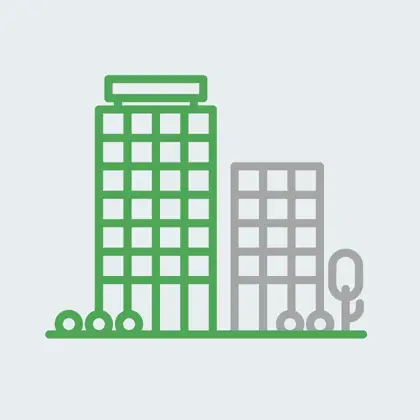OutSystems Developers Jobs
1. Who are OutSystems Developers?

OutSystems Developers refer to software professionals who specialize in building enterprise applications using the OutSystems low-code/no-code application development platform. OutSystems allows for rapid development of applications without writing code from scratch.
Developers are experts in leveraging OutSystems tools and features to create a variety of business applications - from internal processes to customer experiences.
They have in-depth knowledge of how to develop flexible, maintainable and scalable applications using OutSystems components.
Main responsibilities include:
- Building software projects for clients on the OutSystems platform
- Analyzing business requirements
- Designing and providing solutions throughout development
- Creating technical and operational documentation
2. Key factors for an OutSystems Developers
-
Relevant educational background such as an associate or bachelor's degree in IT, computer science or related fields.
-
Proficiency in programming languages like C# on .NET Framework/.NET Core platforms.
-
Solid knowledge of technologies like SQL Server/MySQL, JavaScript, HTML/CSS.
-
Strong sense of accountability and ownership of work deliverables.
-
Independent and self-starter mentality to take initiative.
-
Effective team player to collaborate within squads.
-
Analytical and logical thinking to problem-solve.
-
Hands-on expertise in OutSystems platform capabilities.
-
Understanding of software development processes.
-
Continuous learner mindset to stay up to date on new trends.
-
Excellent communication and documentation skills.
-
Attention to detail and quality output.
3. Essential Elements of an OutSystems Developer
Educational Background:
- An associate or bachelor's degree in information technology, economics, or a related field.
Personal Attributes:
- Responsibility: A strong sense of responsibility in their work.
- Independence: Ability to work independently.
- Teamwork: Good teamwork skills.
- Logical Thinking: Strong logical thinking, analytical abilities, and problem-solving skills.
Technical Skills:
- C# Programming: Proficiency in C# programming language on the .Net Framework or .Net Core.
- Databases: Proficiency in SQL Server/MySQL for working with databases.
- Web Languages: Proficiency in JavaScript, HTML, and CSS for effective web application development.
- Software Development Skills:
- Web Development: Knowledge in web development, as OutSystems is built on .Net despite being a low-code platform.
- Programming Languages: Proficiency in C# or Java, as well as Python and/or .Net.
SQL:
- SQL Proficiency: Mastery of SQL (Structured Query Language) for interacting with relational databases, which is crucial for any OutSystems developer.
Mobile Development:
- Mobile Development Skills: Proficiency in mobile application development, which is essential in OutSystems development.
Web-Based Languages Proficiency:
- HTML, CSS, JavaScript, PHP: Proficiency in these languages is crucial for developing with OutSystems. Understanding web functionality is vital to avoid making incorrect decisions.
Soft Skills:
- Flexibility and Responsiveness: Ability to change priorities and handle multiple responsibilities simultaneously.
- Collaboration: Working well in a team to contribute to project success.
- Communication: Ability to communicate clearly and effectively with colleagues and other departments.
- Business Understanding:
- Business Processes: Understanding common business processes and needs to create suitable solutions.
- Development Lifecycle: Experience in full-cycle software development is a plus.
Agile Methodology:
- Understanding and applying Agile principles, including prioritizing working software over detailed documentation, collaboration over contract negotiation, and quick response to change over fixed plans.
4. Training to Become an OutSystems Developer
To become an OutSystems Developer, consider the following resources:
Short Courses: Enroll in short courses available in the market to understand basic principles.
Information Sources: Gather information through books and the internet.
Formal Education: Study at a university or college in information technology, computer science, or related fields.




